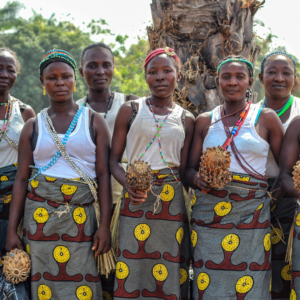The United Nations in Nigeria has reaffirmed its commitment to partnering with the Malala Fund to advance the right to education and address barriers preventing millions of children, particularly girls, from attending school. This pledge was highlighted during a strategic engagement in Abuja with Nobel Laureate and Malala Fund co-founder Malala Yousafzai, alongside the organization’s executive team and board members. UN Resident and Humanitarian Coordinator in Nigeria, Mohamed Malick Fall, emphasized the UN’s dedication to promoting inclusive and equitable education for all, stating that no child should be left behind.
A UN delegation comprising representatives from UNICEF, UNESCO, UNDP, UNFPA, and UN Women participated in the meeting, reinforcing the message that societal transformation relies on investment in human capital, particularly through girls’ education and women’s empowerment. Fall identified critical barriers to education in Nigeria, including insecurity, economic hardship, climate change, and entrenched socio-cultural norms, and called for intensified efforts to promote gender equality and strengthen social cohesion as pathways to sustainable development.
During her visit, Malala Yousafzai reaffirmed Nigeria’s strategic importance for the Malala Fund’s 2025–2030 global strategy. Since 2014, the Fund has invested over $8 million in Nigerian partner organizations to dismantle obstacles keeping girls out of school. Malala outlined the Fund’s priorities, which include ensuring married and pregnant girls can return to school, increasing education financing to meet girls’ needs, and using education as a policy solution to end child marriage.
The Chief Executive Officer of Malala Fund Nigeria, Nabila Aguele, highlighted the organization’s commitment to enabling all girls in Nigeria to complete 12 years of education. She emphasized efforts to strengthen rights and secure resources specifically for girls’ secondary education. While in Abuja, Malala Yousafzai will engage directly with young girls and education advocates to hear their stories and aspirations, as well as meet with government and civil society leaders to drive policy reforms and collaborative actions to accelerate progress on girls’ education nationwide.







